Street cleansing in the West End is now fully electric, while the council plans to roll out the fleet, which includes e-trikes for litter picking, electric refuse collection vehicles (e-RCVs) and e-sweepers, across the rest of Westminster in the next 12 months.
Veolia claims the electric fleet, “one of the largest operated by a waste and street cleansing contract in any local authority in the UK”, will reduce CO2 emissions by 89% when compared to diesel alternatives.
The waste management company says the fleet will also help to improve air quality and lower noise pollution.
Commitment
Speaking at the launch event, Gavin Graveson, executive vice president for Veolia UK & Ireland, said: “These electric vehicles demonstrate our commitment to ecological transformation and working with our partner, Westminster city council, to lead the transition away from diesel power.
These electric vehicles demonstrate our commitment to ecological transformation– Gavin Graveson, executive vice president for Veolia UK & Ireland
“By making this change we’re cutting carbon, making the city cleaner and greener and ensuring the West End is at the forefront of innovation.”
Mr Graveson told letsrecycle.com that Veolia was looking at fully electrifying its fleets in unspecified other cities around the UK.
Vehicles
Each of Westminster’s new e-RCVs came from Dennis Eagle and cost around £450,000. Westminster said an e-trike cost around £10,000 from a different supplier.
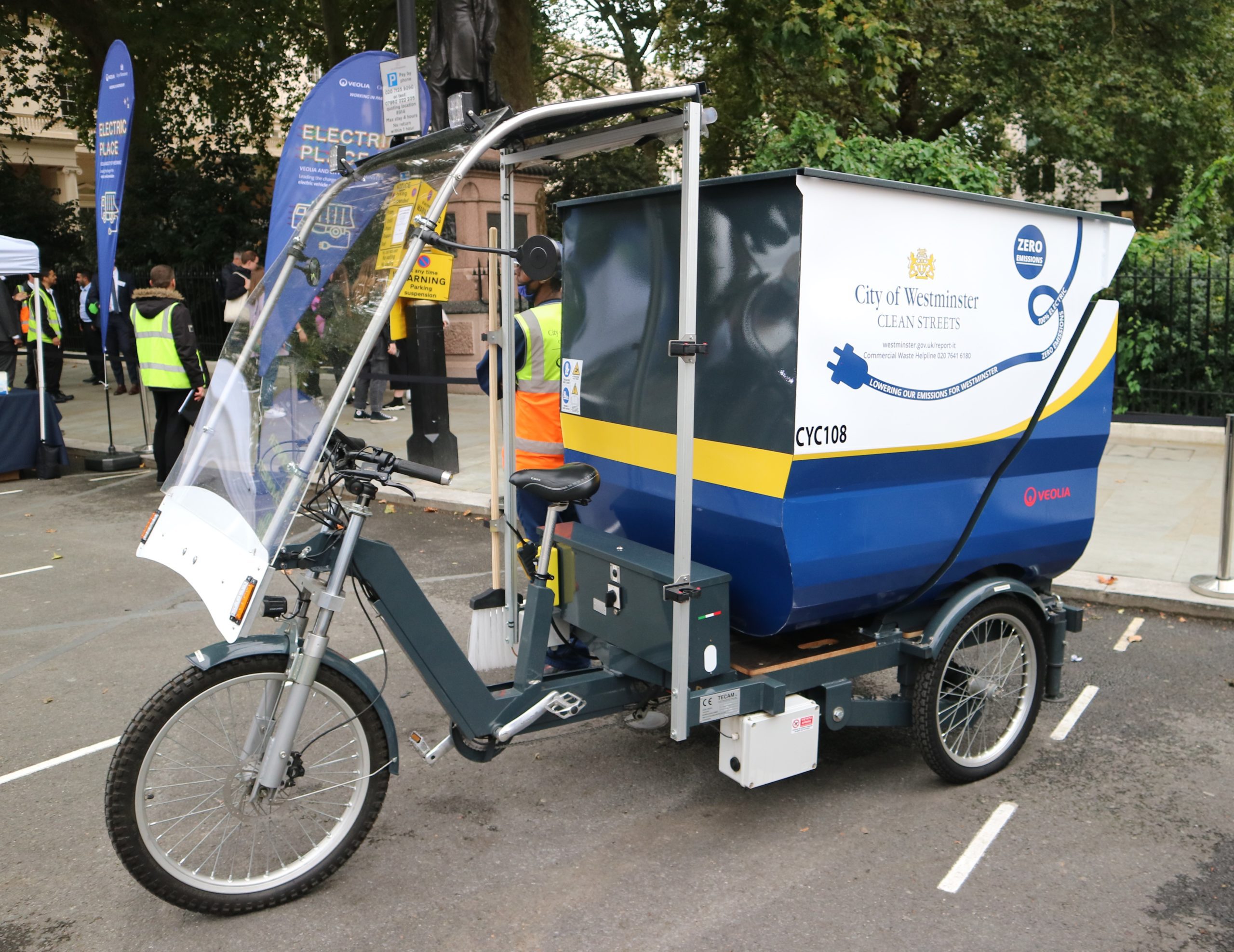
Jarno Stet, Westminster’s waste services manager, told letsrecycle.com that the council had built one of the ‘upcycled’ lorry themselves, retrofitting a diesel RCV with an electric engine. The vehicle now boasts a personalised numberplate ending ‘WCC’.
However, Mr Stet advised that the fleet was chosen to suit Westminster’s specific needs as a busy urban area with tight, winding streets and may not work for other local authorities.
“What works for us might not work for others. There’s no one-size-fits-all solution,” he said. “We work in a relatively compact area.”
Charging
Mr Stet said charging the whole fleet took as much power as a whole town. Vehicles are charged once per shift.
Veolia says its energy teams have installed smart charging infrastructure across Westminster’s West End depots, with Farm Street depot in Mayfair becoming “fully electric”.
Westminster will generate the electricity needed to power the fleet via the waste they collect from some point next year.
“Today was an amazing day involving all our stakeholders,” Julie Chaulet told letsrecycle.com at Waterloo Place. “Westminster is the heart of London and visible across the country, particularly in terms of the particularly in terms of the amount of waste that’s collected.
“We’ve maintained an excellent partnership for 25 years – in fact, it’s one of most successful partnerships. Now, our main focus is to decarbonise.”
Westminster
Representing an estimated population of more than 250,000, Westminster city council had a household waste recycling rate of 20.4% in the 2019/20 financial year.
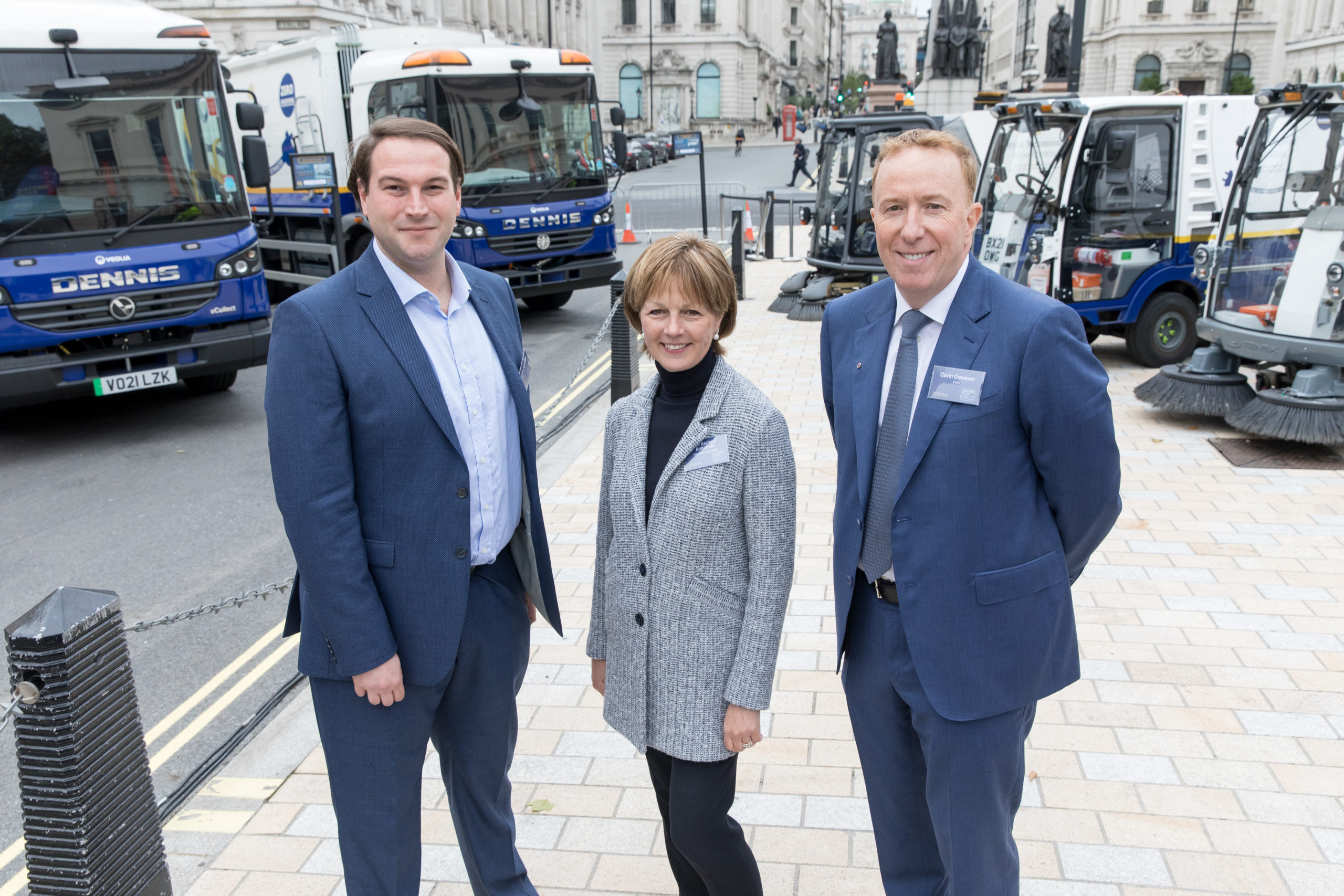
Veolia operates the council’s recycling and waste collections, as well as their street cleansing operations, via a partnership which began in 1995 (see letsrecycle.com story).
Cllr James Spencer, Westminster’s cabinet member for city management, told letsrecycle.com: “This is the future. We have an ambitious target to hit net zero by 2040 and an electric waste fleet is incredibly important to that.”
Addressing the event in a speech, Cllr Rachael Robathan, leader of the council, said: “Air quality is one of the most important issues for our residents, and the move to all-electric vehicle fleets is a key step towards our commitment to be carbon zero by 2040.
“This collection of state-of-the-art electric vehicles will transform the way we clean our streets and collect waste and recycling across Westminster. Cleaning in the West End is now fully electric, and the rest of the City soon will be as we roll out more electric vehicles over the next 12 months.”





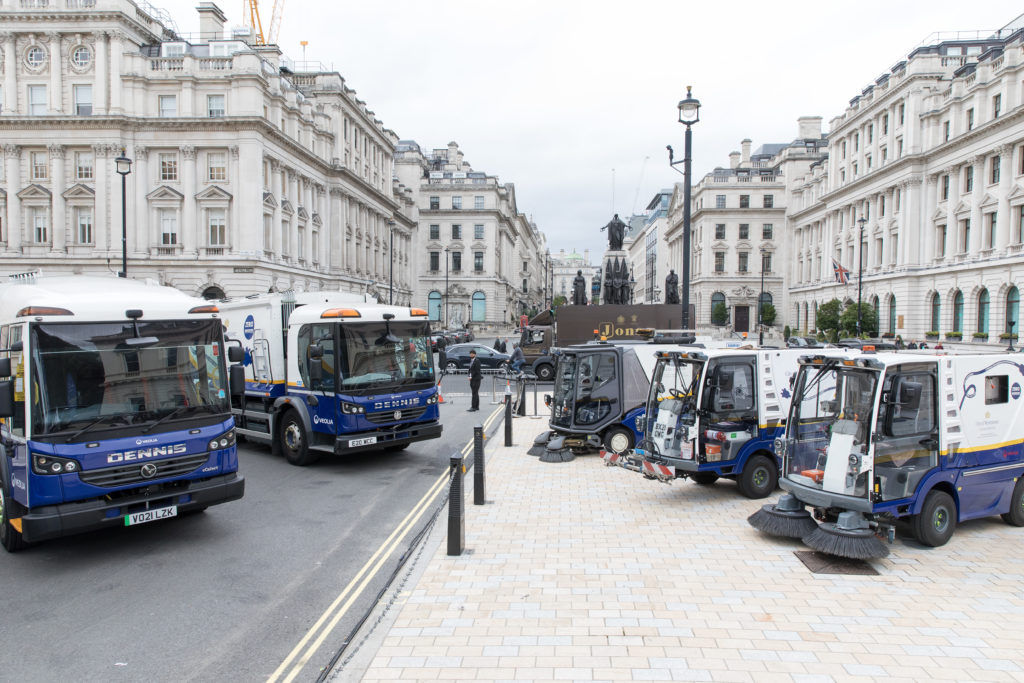
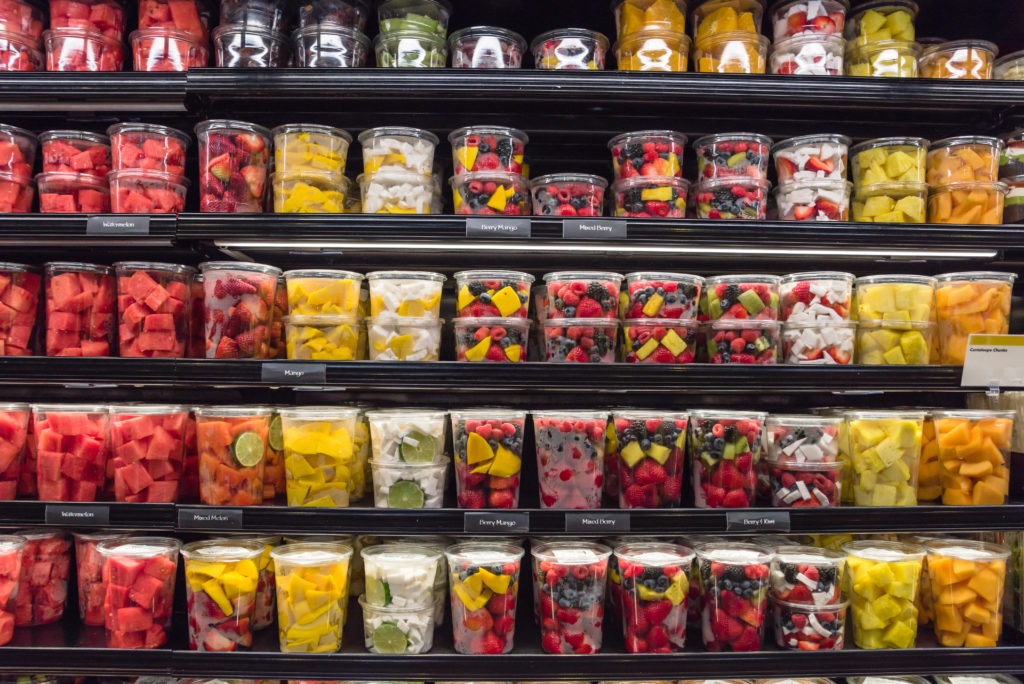
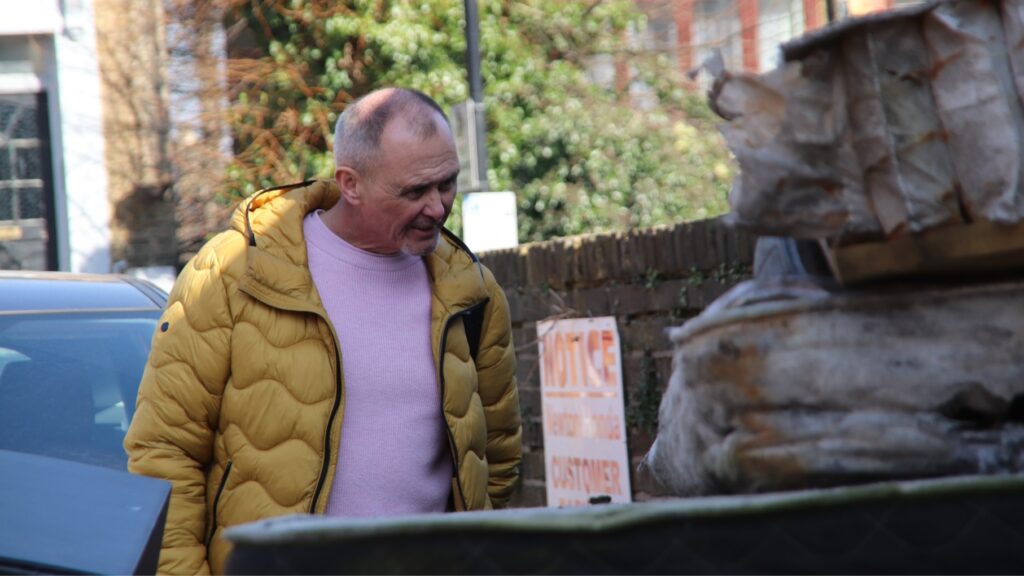
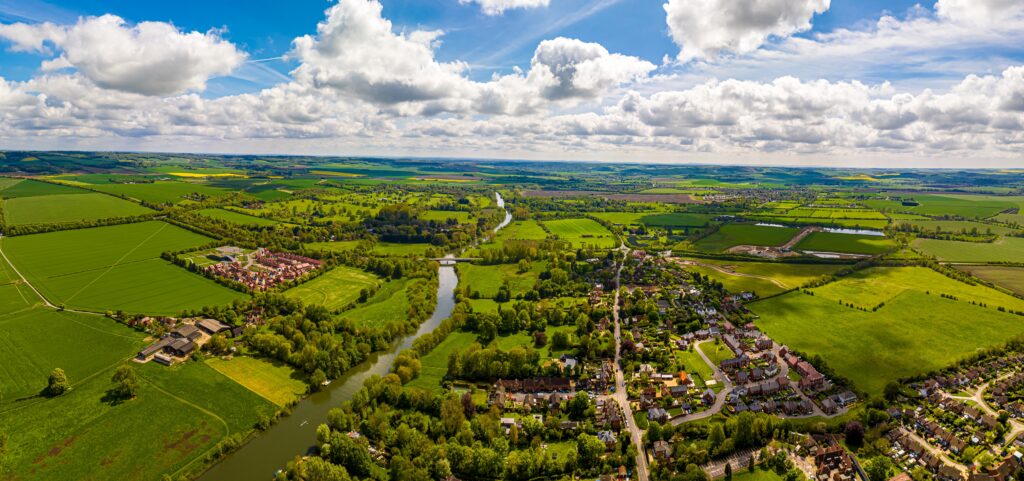


Subscribe for free